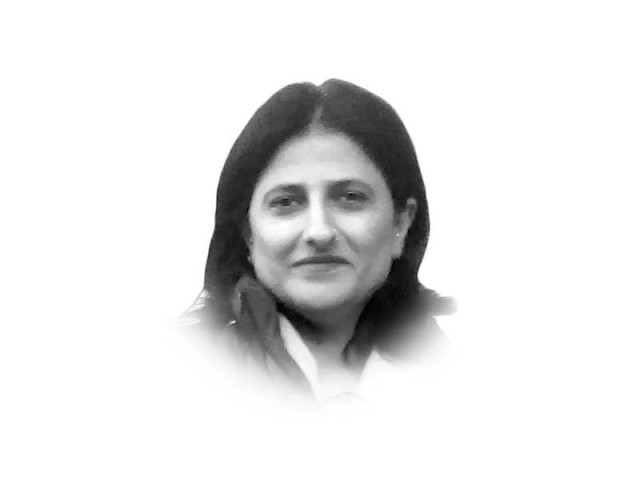Why should believers be citizens sans rights?
Europeans remain religious, their approach is eclectic, and they borrow ideas from several traditions

If being secular is a part of someone’s identity and is protected under international treaties and norms then why is the identity of a religious person not protected?
Such thought-provoking and philosophical questions were part of a discussion that I attended in Prague on 11th November 2021. The Intercultural and Interfaith Dialogue under the title of ‘Building Trust Among Future Communities’ was organised by the Institute of International Relations Prague (IIR) in collaboration with the Ministry of Foreign Affairs of the Czech Republic, and Anna Lindh Foundation and Organization of Islamic Cooperation.
The discussion was addressed by more than 35 eminent politicians, international scholars, academicians, policymakers, members of the European Parliament, members of civil society, and faith-based organisations from Europe and the US. The dialogue deliberated the use of interreligious interaction as a policy tool for building trust within diplomatic negotiations, in state-society relations, as well as among different cultures. It brought perspectives from interpretations of different religions (Islam, Christianity, Judaism) because followers of all three Abrahamic religions are facing an identity crisis in Europe that has a face of a secular society, but European secularism is marginalising faith-followers.
Though recommendations of the dialogue and pointers of speeches are spared over thousands of words, the most sensitive and important point was that faith-followers expressed their fears that space for faith-followers is squeezing in Europe. According to the European Values Study, the European population is comprised of 20% non-believers, 72% Christians and over 6% Muslims. We all consider and believe that Europe is secular land, which it is without any doubt. But if someone thinks that Europe is a secularised continent where people do not go to places of worship anymore, it is a misperception. If someone believes that Europeans do not believe in God anymore and do not seem to be religious at all, then let me confirm that these assumptions are not true.
According to “The European Values Study”, half of all the Europeans pray or meditate at least once a week. “Three out of four Europeans say they are religious persons. Of course, there is a big gap between the more secularized north-western European countries and the more traditional south-eastern ones. However, even in a country like Holland, famous for its liberal tradition, one in four of all the inhabitants attend church. Nevertheless, one assumption is true: most European churches attract fewer believers every year. Especially in the western part of the continent, the old religious institutions are deteriorating, showing analyses of the European Values Studies,” says the research study. It analyses that people who consider themselves atheists are a small minority, except in France, where almost 15% say they are atheists.
“It is obvious that a vast majority of all the Europeans nominate themselves as religious persons. There are even more people who consider themselves as religious as there are people who attend church. It is a kind of ‘believing without belonging’. People pick and choose religious beliefs, doctrines, and practices and they are mixing and matching them as they would select food in a cafeteria. Sociologists talk about this trend as a ‘cafeteria religion’, or as ‘church-free spirituality’. Europeans remain religious, their approach is eclectic, and they borrow ideas from several traditions. Meanwhile, many institutionalized churches, especially in the West, are running empty,” claims the research.
It is pertinent to mention that the ‘European Values Study’ is a large-scale, cross-national, and longitudinal survey research program on basic human values. It provides insights into the ideas, beliefs, preferences, attitudes, values, and opinions of citizens all over Europe. It is a unique research project on how Europeans think about life, family, work, religion, politics, and society. Therefore, this research is scientifically based and unbiased.
Data available testifies that faith-believers are in majority and they are rightfully asking the society: why should they (believers) be treated as Citizens Without Rights when all non-believers live as they wish to live?
Published in The Express Tribune, November 17th, 2021.
Like Opinion & Editorial on Facebook, follow @ETOpEd on Twitter to receive all updates on all our daily pieces.
















COMMENTS
Comments are moderated and generally will be posted if they are on-topic and not abusive.
For more information, please see our Comments FAQ